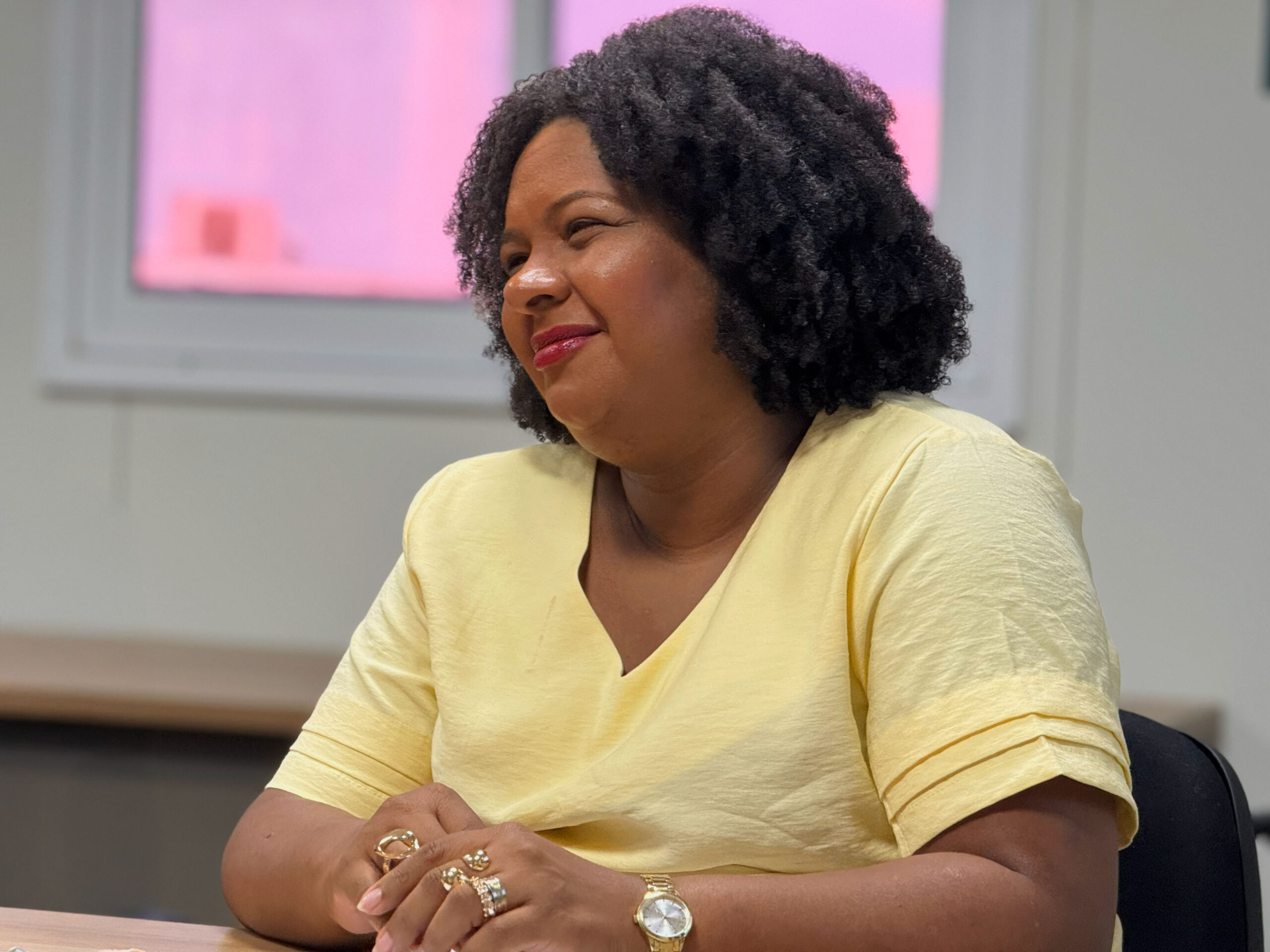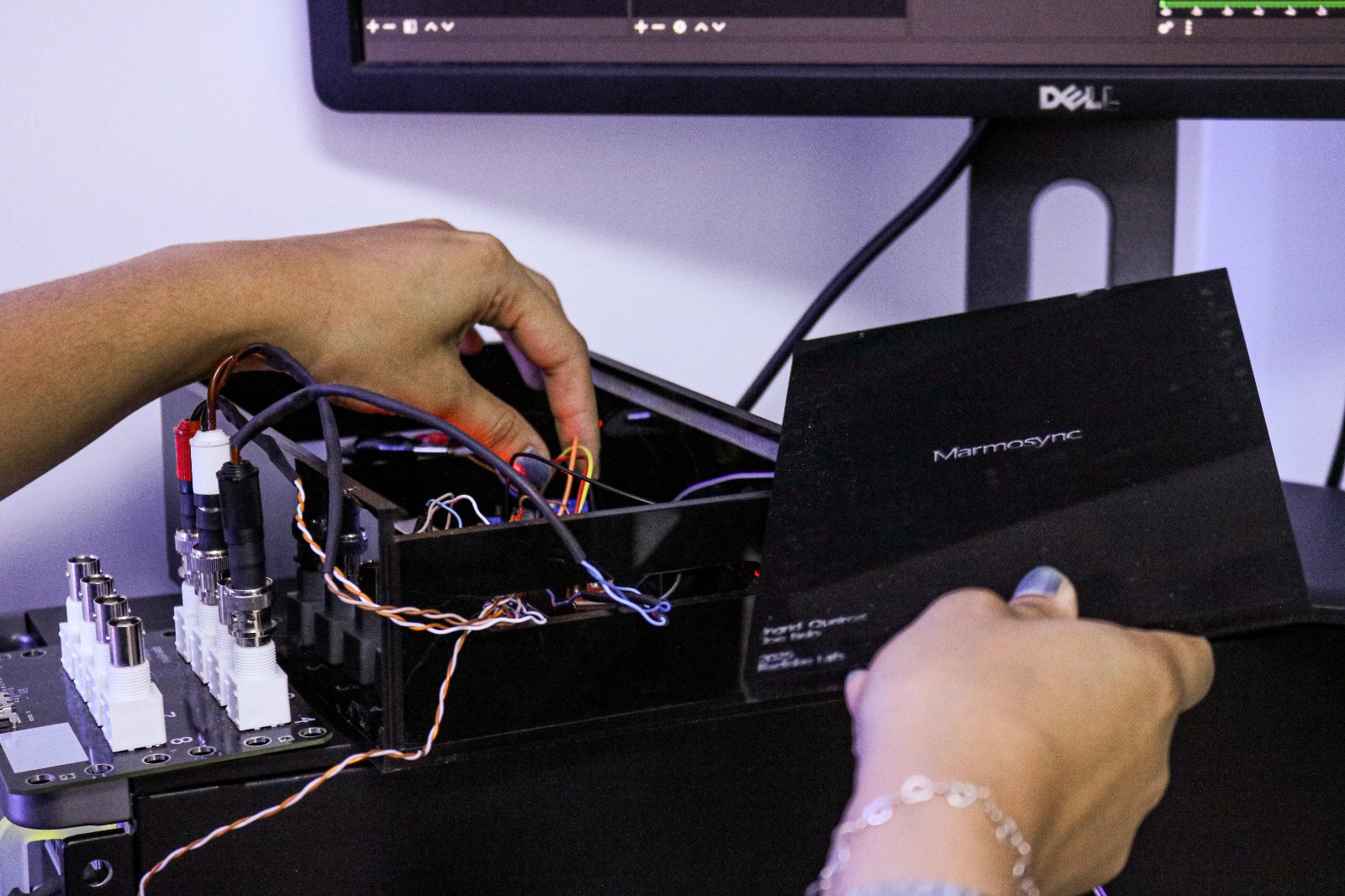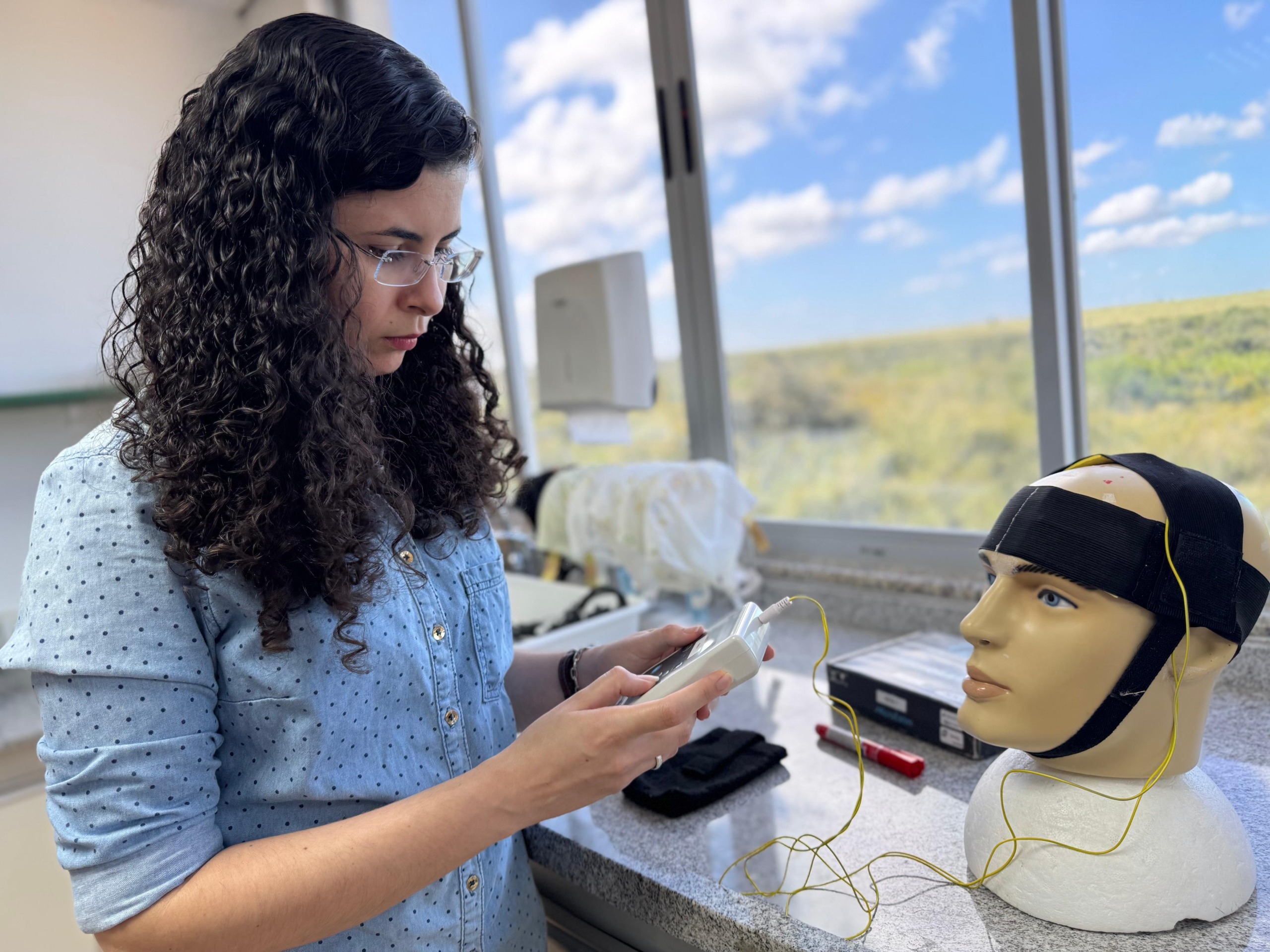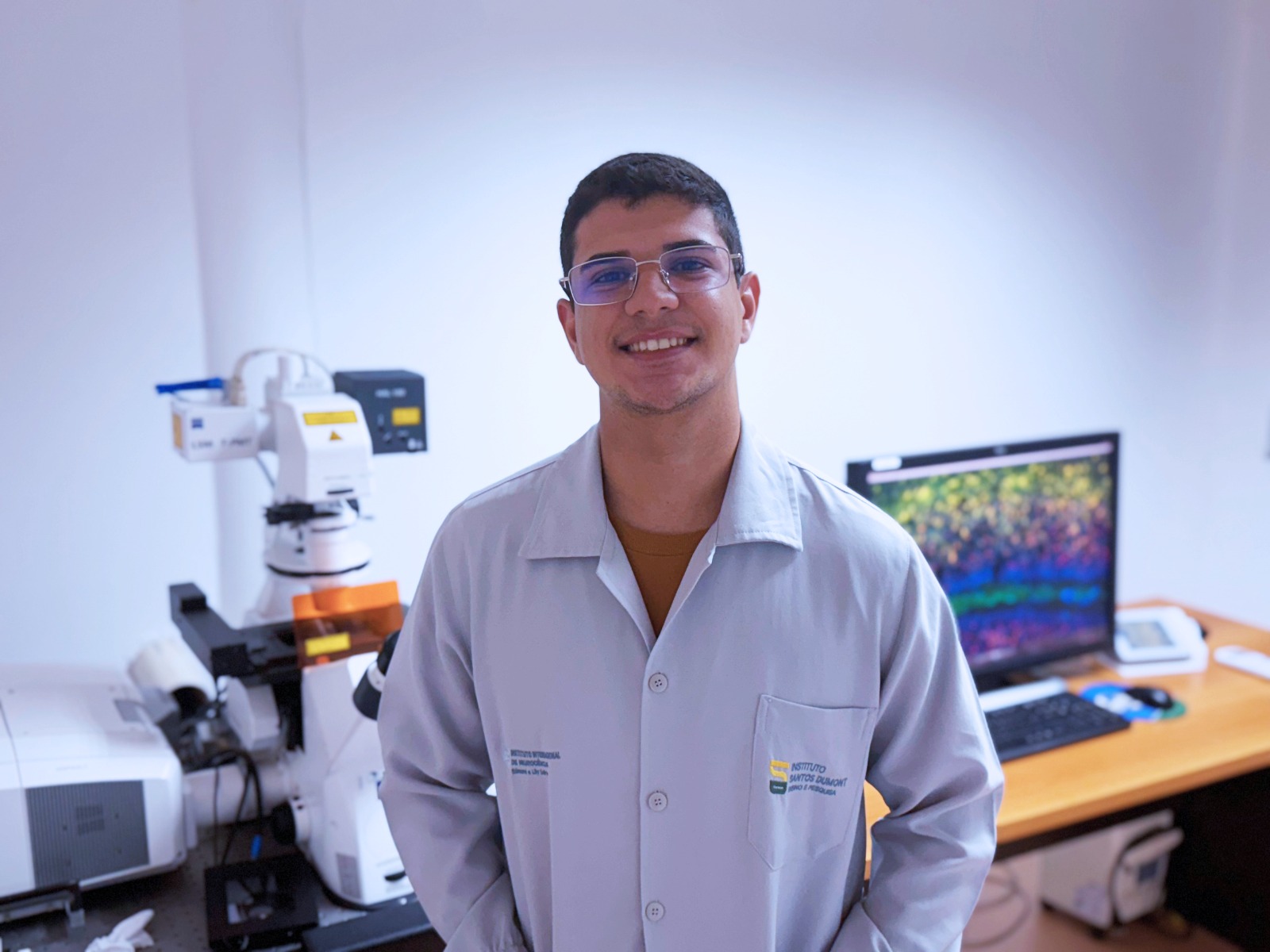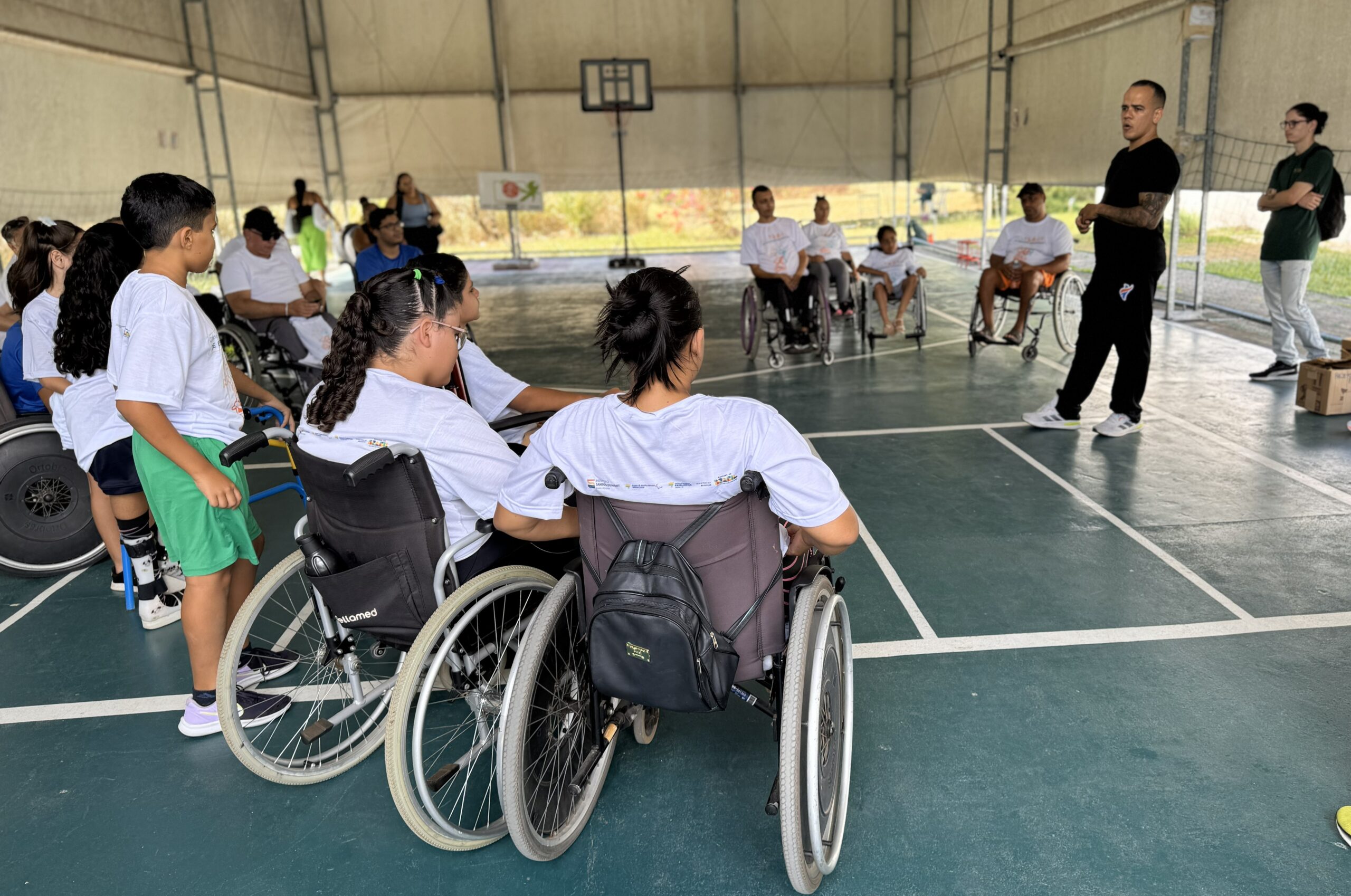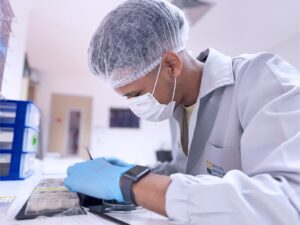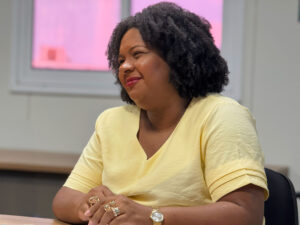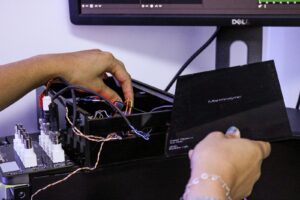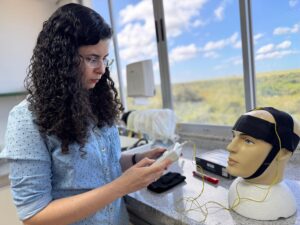Hearing health maintenance and care encompasses a set of practices, ranging from seeking regular speech therapy care to changing day-to-day habits. According to the World Health Organization (WHO), hearing loss could affect more than 900 million people by 2050. When it comes to childhood hearing loss, the WHO considers that 60% of cases occur due to preventable causes.
According to the Joint Committee on Infant Hearing, the risks of childhood hearing loss commonly arise from complications before, during and after pregnancy, which may be congenital infections, heredity or prematurity. extreme, among others.
The speech therapist preceptor at Instituto Santos Dumont (ISD), Rogéria Dias, reinforces the importance of clinical monitoring and daily maintenance of the child's habits and interactions to guarantee the longevity and integrity of hearing, especially when dealing with children in the development phase .
For newborns, for example, it is essential to carry out Neonatal Hearing Screening, popularly known as the ear test, in the first days or weeks of the baby's life, preferably before 30 days of life.
“Children who are at risk for hearing loss, even those whose ear test was satisfactory, must undergo hearing monitoring, which consists of monitoring and monitoring hearing development until the age of 3. It is important that parents are aware of the relevance of this exam and that they can ensure that they are carried out on their babies within the recommended time frame”, explains Rogéria Dias.
Among the important precautions to prevent hearing loss in babies and children, the following stand out:
- Vaccinate against meningitis, mumps and measles;
- Avoid exposure to toys with noise above 70 decibels (make sure the toy is of good quality and certified by Anvisa);
- Do not expose the child to smoke, which can irritate the mucous membrane of the nose and throat and promote disease;
- Dry the child's ears well after bathing, using the edge of the towel or diaper;
- Avoid using flexible swabs (cotton swabs) to clean the ear. Introducing objects into the ear can cause infections;
- Do not allow the use of headphones.
The ISD speech therapist preceptor also emphasizes that it is also essential to monitor for possible warning signs in relation to auditory and linguistic development, which may indicate dysfunctions in the child's hearing health.
Therefore, it is crucial that parents and caregivers are aware of occurrences such as the lack of response to surrounding sounds; the child not reacting to their own name; difficulty imitating sounds or words; lack of progress in speech and language as expected for age; difficulty understanding and following simple instructions and difficulty communicating with other children or adults.
If any of these signs are noticed or other concerns arise with the child's auditory and linguistic development, it is important to seek professional evaluation and intervention as soon as possible. The sooner they are identified, the sooner it is possible to address these problems and, consequently, ensure significant improvement in long-term outcomes for the child's life and well-being.
Raise awareness and mobilize
In March, the month marked by Hearing Day, it is essential to promote discussions about the prevention, early detection and treatment of hearing problems, in addition to strengthening awareness about how hearing influences the development of cognitive processes, speech, language and of quality of life.
“At Instituto Santos Dumont, we are committed to implementing ongoing health education actions and awareness campaigns. We carry out hearing screenings in schools and in partnership with health professionals in the municipality of Macaíba, where we are located. Furthermore, we offer comprehensive services that include hearing screening, monitoring, diagnosis, treatment and rehabilitation of hearing problems”, reinforces speech therapist preceptor Rogéria Dias.
About ISD
The Santos Dumont Institute (ISD) is a Social Organization linked to the Ministry of Education (MEC) and includes the Edmond and Lily Safra International Neuroscience Institute and the Anita Garibaldi Center for Health Education and Research, both in Macaíba. ISD's mission is to promote education for life, forming citizens through integrated teaching, research and extension actions, in addition to contributing to a fairer and more humane transformation of Brazilian social reality.





